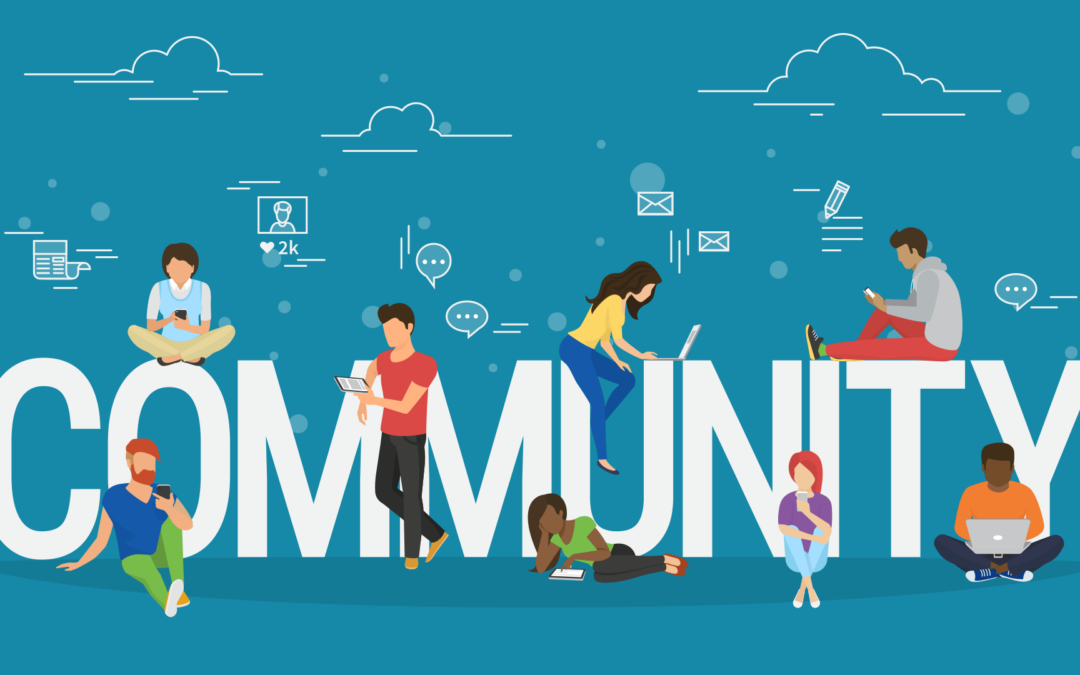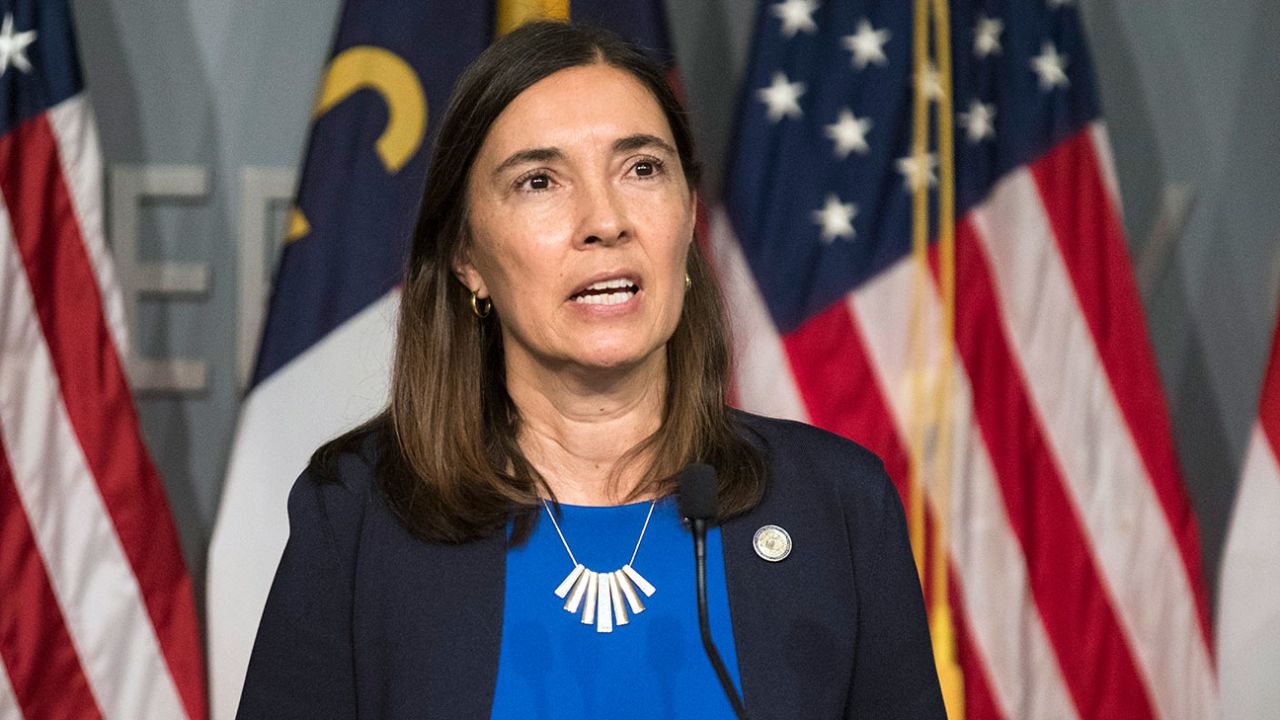Building A Supportive Community: 5 Strategies For Mental Health Acceptance

Table of Contents
Educate and Raise Awareness about Mental Health
Misinformation and stigma are significant barriers to mental health acceptance. Effective education is paramount to dismantling these barriers and creating a more understanding society.
Debunking Stigma through Education
Many misconceptions surround mental illness, fueling stigma and preventing individuals from seeking help. Here are some common myths and the realities:
- Myth: Mental illness is a sign of weakness. Reality: Mental illness is a medical condition, like any other, affecting brain function.
- Myth: People with mental illness are violent. Reality: Violence is not inherent to mental illness; it's crucial to address this harmful stereotype.
- Myth: Mental illness is incurable. Reality: Many mental illnesses are treatable, and recovery is possible with appropriate support.
To combat these misconceptions, utilize reliable educational resources:
- Websites: The National Alliance on Mental Illness (NAMI), MentalHealth.gov, and the National Institute of Mental Health (NIMH) offer comprehensive information.
- Workshops: Many community organizations and mental health professionals offer workshops on mental health awareness.
- Online Courses: Platforms like Coursera and edX offer courses on mental health topics, suitable for both professionals and the general public.
Promoting Open Conversations
Open and honest conversations are vital for promoting mental health acceptance. Creating a safe space where people feel comfortable sharing their experiences is key.
- Conversation Starters: "How are you really doing?" or "What's been on your mind lately?" can open doors to deeper conversations.
- Icebreakers: Sharing personal experiences (while respecting privacy) can normalize discussions about mental health.
- Communication Skills: Learning active listening and empathetic communication techniques is crucial for fostering understanding. Resources like the Gottman Institute offer valuable insights.
Create Safe and Inclusive Spaces
Building a supportive community requires establishing safe and inclusive spaces where everyone feels respected and valued.
Establishing Ground Rules for Respectful Dialogue
Clear expectations for respectful communication are essential. This applies to both online and offline communities:
- Online Communities: Implement clear community guidelines addressing bullying, harassment, and the sharing of misinformation. Utilize reporting mechanisms and moderators.
- Offline Communities: Establish ground rules during meetings or events, emphasizing respect, empathy, and active listening.
Promoting Empathy and Understanding
Empathy and active listening are cornerstones of a supportive environment.
- Empathy: Try to understand and share the feelings of others. Put yourself in their shoes.
- Active Listening: Pay attention, ask clarifying questions, and reflect back what you hear to ensure understanding.
- Empathy Development: Resources like the Center for Creative Leadership offer training programs to improve empathy skills.
Offer Accessible Resources and Support
Providing access to resources and support is crucial for promoting mental health acceptance.
Connecting Individuals with Professional Help
Connecting individuals with appropriate mental health professionals is vital:
- Helplines: The National Suicide Prevention Lifeline (988) and the Crisis Text Line (text HOME to 741741) offer immediate support.
- Therapy: Finding a therapist or counselor is crucial for many individuals. Psychology Today's website offers a therapist finder.
- Support Groups: Support groups provide a sense of community and shared understanding.
Peer Support and Mentorship Programs
Peer support and mentorship programs offer invaluable emotional support and guidance:
- Peer Support Models: These can range from one-on-one mentoring to group support sessions led by trained peer supporters.
- Program Establishment: Consider partnering with mental health organizations to establish structured peer support programs.
Celebrate Strengths and Achievements
Positive reinforcement and encouragement are essential for building self-esteem and resilience.
Positive Reinforcement and Encouragement
Focusing on strengths and celebrating achievements boosts self-esteem:
- Positive Feedback: Offer specific and genuine praise for efforts and accomplishments.
- Avoid Comparisons: Focus on individual progress rather than comparing individuals to others.
Sharing Success Stories
Sharing success stories combats stigma and inspires hope:
- Ethical Sharing: Obtain consent before sharing personal stories. Protect anonymity when necessary.
- Inspiring Hope: Success stories demonstrate that recovery and well-being are possible.
Promote Self-Care and Wellness Practices
Integrating self-care into community activities is vital for holistic well-being.
Integrating Self-Care into Community Activities
Incorporate self-care practices into community events:
- Group Activities: Organize yoga sessions, meditation groups, or mindful walks.
- Cultural Integration: Make self-care a regular part of the community's culture.
Reducing Stress and Promoting Resilience
Building resilience within the community is crucial:
- Stress Reduction Techniques: Teach and practice stress-reduction techniques like deep breathing or progressive muscle relaxation.
- Self-Compassion: Foster a culture of self-compassion and understanding.
Conclusion
Building a supportive community that fosters mental health acceptance requires a multifaceted approach. By implementing these five strategies – education, creating safe spaces, offering resources, celebrating strengths, and promoting self-care – we can create environments where individuals feel supported, understood, and empowered to prioritize their mental well-being. Start building your own supportive community for mental health acceptance today! Share this article and let's work together to create a world where everyone feels supported and accepted, fostering a culture of mental wellness community and mental health support. Let's champion mental health acceptance together!

Featured Posts
-
 Analysis Gop Candidates Appeal After North Carolina Supreme Court Loss
May 02, 2025
Analysis Gop Candidates Appeal After North Carolina Supreme Court Loss
May 02, 2025 -
 Protecting Our Future The Importance Of Investing In Childhood Mental Well Being
May 02, 2025
Protecting Our Future The Importance Of Investing In Childhood Mental Well Being
May 02, 2025 -
 Understanding Mental Health A Conversation With Dr Shradha Malik
May 02, 2025
Understanding Mental Health A Conversation With Dr Shradha Malik
May 02, 2025 -
 La Laport
May 02, 2025
La Laport
May 02, 2025 -
 Ripple Sec Settlement Implications For Xrp And The Crypto Market
May 02, 2025
Ripple Sec Settlement Implications For Xrp And The Crypto Market
May 02, 2025
Latest Posts
-
 Farage Lowe Feud Latest Developments And Public Statements
May 02, 2025
Farage Lowe Feud Latest Developments And Public Statements
May 02, 2025 -
 Serious Bullying Allegations Prompts Reform Uk Investigation Into Rupert Lowe
May 02, 2025
Serious Bullying Allegations Prompts Reform Uk Investigation Into Rupert Lowe
May 02, 2025 -
 Mp Treatment Controversy Triggers Mass Resignations In Reform Uks Branch Offices
May 02, 2025
Mp Treatment Controversy Triggers Mass Resignations In Reform Uks Branch Offices
May 02, 2025 -
 Rupert Lowe Suspended Mp Speaks Out After Farage Confrontation
May 02, 2025
Rupert Lowe Suspended Mp Speaks Out After Farage Confrontation
May 02, 2025 -
 Rupert Lowe Under Investigation Following Bullying Complaints
May 02, 2025
Rupert Lowe Under Investigation Following Bullying Complaints
May 02, 2025
